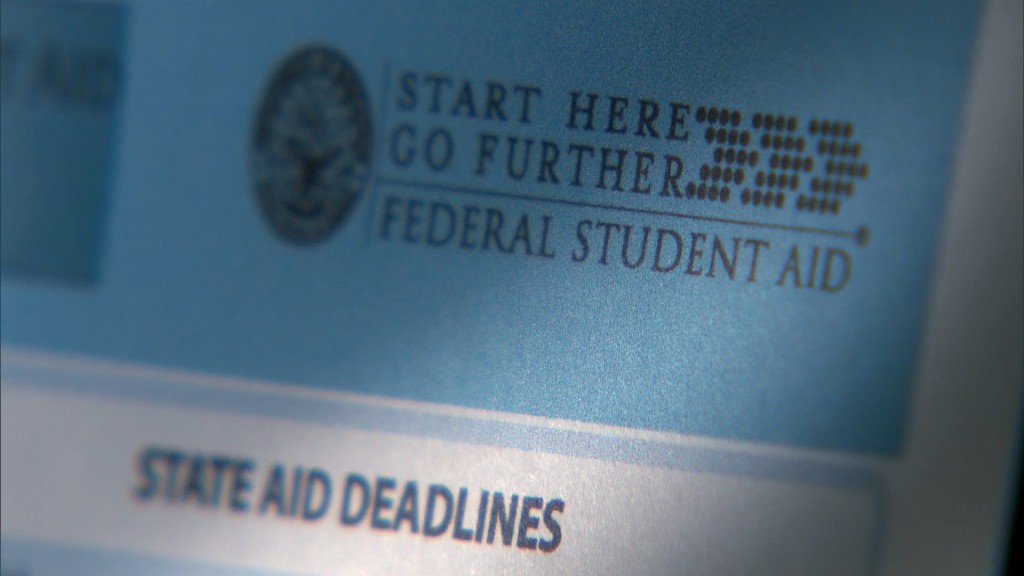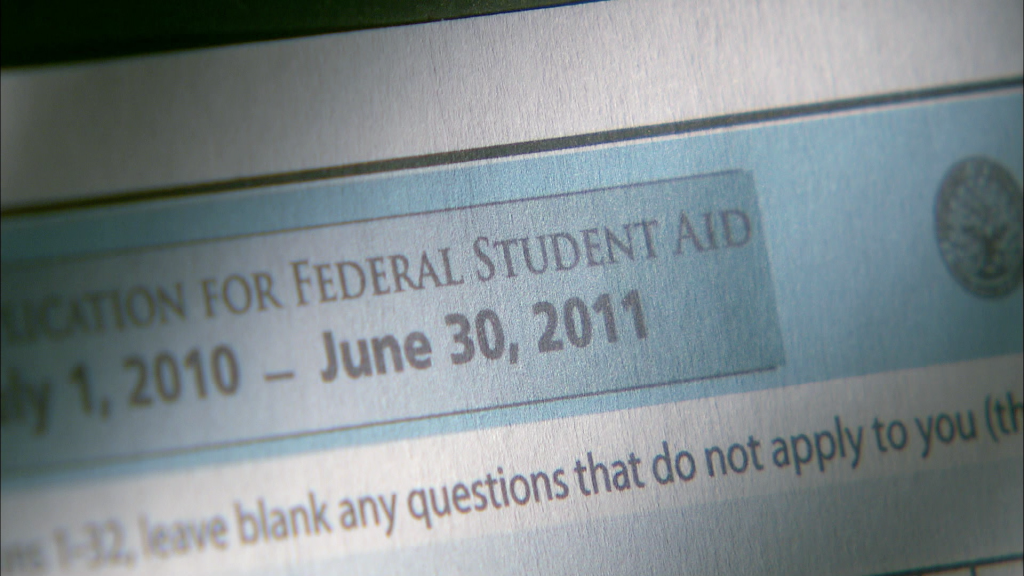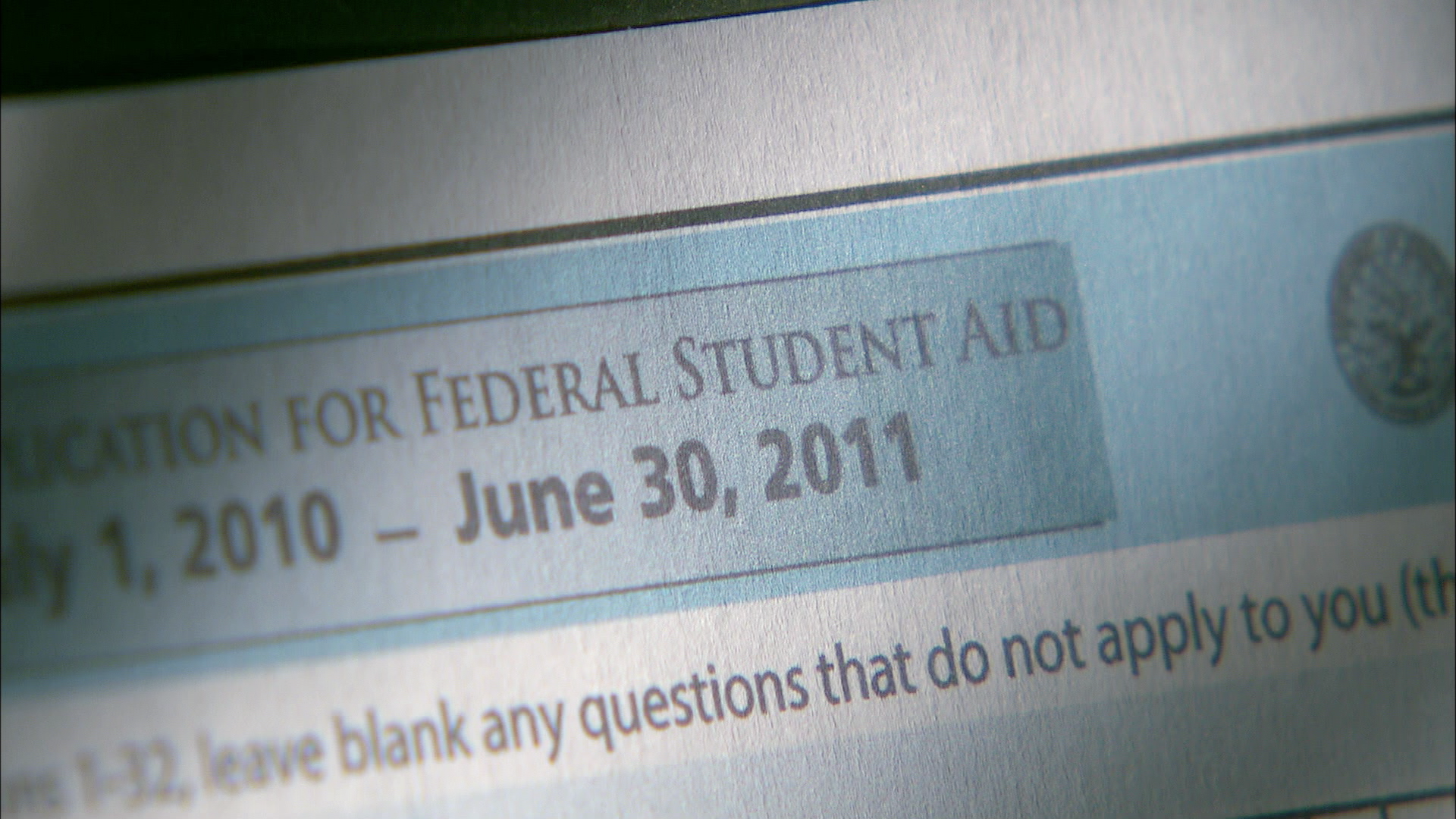Judge Blocks Key Provision of “Gainful Employment” Rules

July 2, 2012
Share
A federal judge has struck down a Department of Education initiative aimed at improving the quality of degrees issued by for-profit colleges, ruling that a key provision of the department’s “gainful employment” standard was “arbitrary and capricious.”
Under the regulation, which was scheduled to take effect Sunday, career training programs would be ineligible for federal student aid if less than 35 percent of graduates were not in repayment of their loans. The plan was established to ensure students are not overburdened with debt for degrees that are not helping them to find work.
But in an opinion [PDF] issued on Saturday, Judge Rudolph Contreras ruled that the department’s primary benchmark for measuring progress lacked any factual support.
“No expert study or industry standard suggested that the rate selected by the department would appropriately measure whether a particular program adequately prepared its students,” Contreras wrote. “Instead, the department simply explained that the chosen rate would identify the worst-performing quarter of programs.”
The judge further struck down two related benchmarks, saying they were too “intertwined” with the repayment standard to survive. Under those benchmarks, a graduate’s annual loan payments could not exceed 12 percent of their earnings or 30 percent of their discretionary income.
Last week, the Education Department released data showing 193 vocational programs at for-profits — roughly 5 percent of those that would have been subject to the gainful employment rule — failed to meet all three benchmarks.
The for-profit education industry, which had criticized the gainful employment rules as overly burdensome and fought to water down the regulation, claimed the decision as a victory.
“We are very pleased to report nearly all of the regulation’s overreaching elements were vacated,” Steve Gunderson, the president and CEO of the Association of Private Sector Colleges and Universities, the group that brought the lawsuit, said in a statement.
Still, the decision preserved several key protections for students, including a requirement that institutions disclose their graduation rates to prospective students, as well as their student’s median debt load. While students at for-profit schools represent just 12 percent of all higher education students, they account for 46 percent of all student loan dollars in default.
Moreover, the judge recognized in his opinion that though flawed, gainful employment rules “set out to address a serious policy problem.” In so doing, he left Education Department officials room to revisit the issue.
Next steps remain unclear, though. A department spokesman told Inside Higher Ed that the administration was weighing its options, which the publication suggested could include returning to court to try to provide a better justification for the repayment standard, or rewriting the gainful employment standards in a way that better fits the ruling by Judge Contreras.

Related Documentaries
Latest Documentaries
Related Stories
Related Stories
Explore
Policies
Teacher Center
Funding for FRONTLINE is provided through the support of PBS viewers and by the Corporation for Public Broadcasting, with major support from Ford Foundation. Additional funding is provided the Abrams Foundation, Park Foundation, John D. and Catherine T. MacArthur Foundation, Heising-Simons Foundation, and the FRONTLINE Trust, with major support from Jon and Jo Ann Hagler on behalf of the Jon L. Hagler Foundation, and additional support from Koo and Patricia Yuen. FRONTLINE is a registered trademark of WGBH Educational Foundation. Web Site Copyright ©1995-2025 WGBH Educational Foundation. PBS is a 501(c)(3) not-for-profit organization.





















